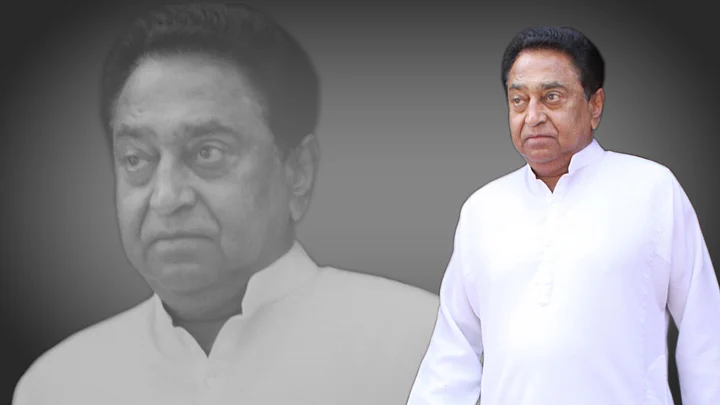In light of Jyotiraditya Scindia’s switch to the BJP and the ensuing political turmoil in Madhya Pradesh and the Congress party, should the state government under Kamal Nath’s chief ministership collapse in the coming days, the ones who will be most affected are the Muslims. Being a minority, it’s the Muslims who have been primarily fighting for their existence against the BJP governments since the Modi government came to power at the Centre in 2014.
Going by the recent violence in Northeast Delhi, in which most of the victims were Muslims, the discriminatory Citizenship Amendment Act, the revocation of article 370 in J&K, and the controversial Babri Masjid verdict, Muslims in the country have felt a threat to their existence of late.
Indian Muslim Voting Pattern
Muslims, as a voting population, have given their unconditional support to what they have perceived to be more secular leaders and parties, without demanding their share in the power structure. They did not make demands for better roads, schools, hospitals and other civic facilities for their areas. However, this strategy adopted by Muslims to keep the BJP out of power has not worked, and the BJP came to power at the Centre and in many states. Now, Muslims should rethink their strategy.
They should deliberate over the fact that if all secular parties were indeed fighting against the BJP, then who ‘allowed’ the Hindutva brigade to reach the corridors of power?
The answer is, the very people who claimed to fight the BJP have ‘helped’ them come to power. Case in point being Scindia joining the BJP. Only weeks ago, he was fighting against the BJP. In the last tweet before joining the BJP, he held the BJP’s ‘hate politics’ responsible for the Delhi violence, and castigated the Central government for failing to contain the riots.
Have ‘Secular’ Leaders ‘Helped’ BJP?
Now, for the Rajya Sabha seat, Scindia joined the same party whose leaders’ hate speeches is believed to have been one of the reasons that sparked communal violence in NE Delhi.
It is not just the issue of some individual leaders, but most of the non-mainstream parties including the SP, the BSP and the NCP which are said to believe in secularism, aligned with the BJP to form the government. The JDU, the LJP, the AIDMK, the YSR Congress and others are currently in alliance with the BJP in states or in the Centre. These secular parties, who claimed to be secular, also helped the BJP pass the CAA, the revocation of article 370, and the Triple Talaq Act in the Parliament.
The fundamental issue is that the people who claimed to fight against the BJP are the ones who are joining the BJP and allying with them.
The people whom Muslims vote for to protect themselves, are now supporting the BJP’s majoritarian policies. Then what is the point of supporting these secular leaders and the parties?
Not only the politicians, it is also the liberal intellectuals and citizens who claimed to oppose the BJP. The basic lesson which must be learnt is that Indian Muslims’ problems will not be solved unless and until they stand up on their own feet politically, rather than blindly relying on so-called liberal and secular sections of India.
(The writer is a Delhi-based journalist. He tweets @WaqarHasan1231.This is a personal blog. The views expressed are the author’s own. The Quint neither endorses nor is responsible for them.)
